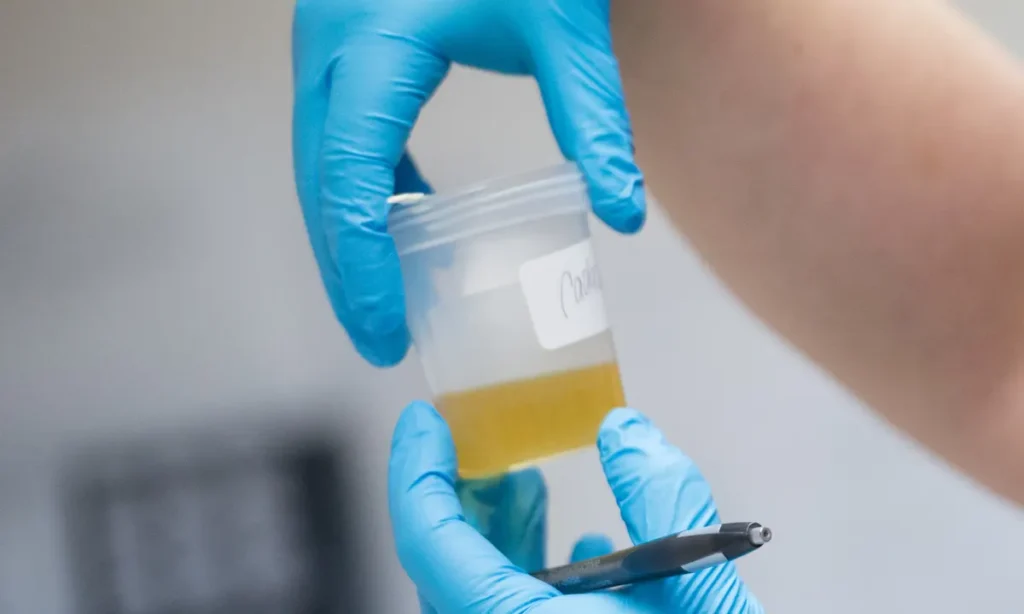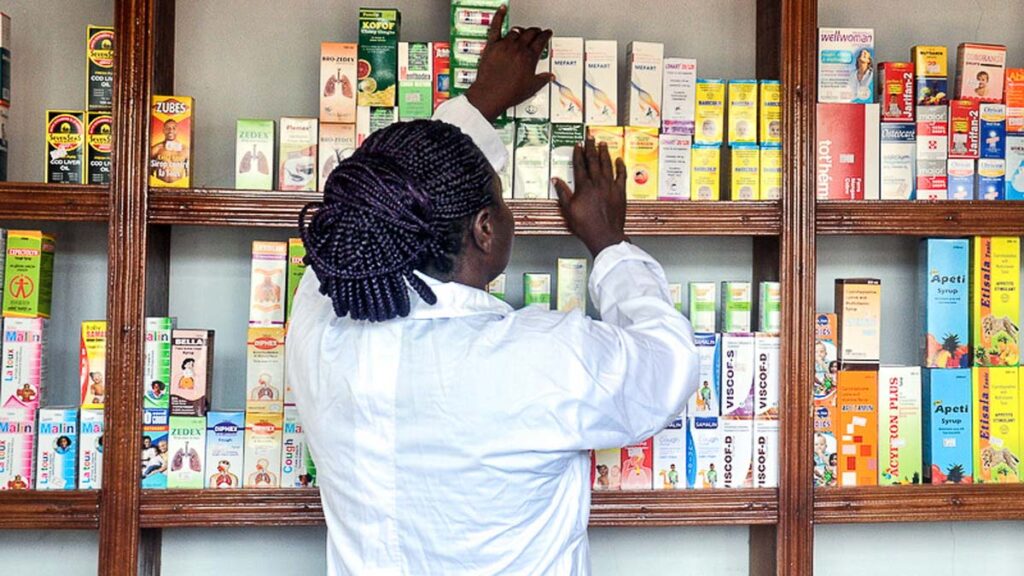•As Nigeria records 150,000 yearly births with sickle cell anemia
Experts in the health sector have expressed concern over the high burden of Sickle Cell Disorder (SCD) in children and advised couples with the trait to seek genetic testing and counseling.
According to the National Institutes of Health (NHI), Nigeria is the most sickle cell endemic country in sub-Saharan Africa with between 2 per cent and 3 per cent of the total population affected. With an estimated 150,000 yearly births of babies with sickle cell anemia, the country accounts for 75 per cent of all patients with sickle cell disease and 70 per cent of all sickle cell disease births globally, with some of the affected children dying before the age of five years.
The experts spoke to mark the 2024 World Sickle Cell Awareness Day, which is celebrated June 19 every year to increase public knowledge, and understanding of sickle cell disease, and the challenges experienced by patients, their families and caregivers. SCD is a group of inherited blood disorders that affects hemoglobin, the protein responsible for carrying oxygen through the body.
Usually, red blood cells are round, and flexible, and require 100 – 120 days to die and get replaced with new cells but in individuals living with SCD, these red blood cells are rigid, sticky, shaped like sickles and die off within 10-12 days. This irregular nature of sickle cells causes pain episodes otherwise called crisis, chronic anemia, severe fatigue, stroke, organ damage, leg ulcers among others.
The World Health Organisation (WHO) stated that approximately five per cent of the world’s population carries trait genes for hemoglobin disorders, mainly sickle-cell disease and thalassaemia.
The global health body said that more than 300,000 babies with severe hemoglobin disorders are born globally each year, but 75 per cent is said to be found in Sub-Saharan Africa. It has been documented that 50–90 per cent of children born with SCD do not reach their fifth birthday due to lack of diagnosis and comprehensive care.
Experts said this year’s theme, “Hope Through Progress: Advancing Care Globally”, serves as a crucial opportunity to address the healthcare system challenges, systemic gaps and stigma associated with the ailment and the financial constraints and poor infrastructure regarding Sickle Cell Anemia in the country.
Nguvu Change Leader and the founder of OKares Sickle Cell Foundation Onor-Obassi Tawo told The Guardian that an estimated 40 million Nigerians have the sickle cell trait. Nigeria is considered the capital of SCD with an estimated four to six million people as SCD carriers.
WHO said the prevalence rate is between 20 to 30 per cent of the global burden. A study reveals that every year in Nigeria, 100,000 to 150,000 children are born with SCD and it accounts for five per cent of mortality rates of children under the ages of 5 and 20 per cent of neonatal mortality, while 10 per cent of adults with SCD between the ages of 15 and 59 will die because they are likely to develop serious health problems or complications like organ damage, and stroke as they get older.
She noted that apart from genetic factors and malaria connection, ignorance and indifference largely sponsored by religious and cultural belief systems are fueling the prevalence of SCD in Nigeria.
“The factors responsible for the prevalence are the genetic factor. SCD is inherited. Our ignorance about SCD, its causes, implications, treatment and prevention, especially in the rural areas; and indifference from people who know, or should know about SCD but act like it is a punishment from God for the wrong done, a curse, and witchcraft.
“Because SCD is genetic, it can only be prevented by avoiding or preventing the marriage and/or procreation of individuals with SCD or the sickle cell trait. There is a 25 per cent chance in every pregnancy that the child will have SCD if both parents have the sickle cell trait, and the percentage increases,” she said.
She said though the Federal Ministry of Health initiated mandatory newborn screening in all Nigerian hospitals for early detection of SCD, several hospitals are yet to comply with this directive. Tawo urged the government to improve healthcare infrastructure, train healthcare professionals who care for SCD patients, remove the socioeconomic barriers, and enact and implement laws, as well as policies that will mitigate the impact of sickle cell disorder in the country.
She attributed the high mortality rate for children with SCD to the lack of early diagnosis, little or no access to effective treatments, inadequate healthcare infrastructure and the lack or absence of comprehensive pre-natal care for mothers. According to her, the same cannot be said of high-resource countries like the United States which have implemented early diagnosis through newborn screening, comprehensive care, treatment and therapy programmes like the early introduction of prophylaxis, hydroxyurea, and bone marrow transplants.
Tawo said implementing, and improving comprehensive pre-natal, as well as genetic counseling services, specialised paediatric care, newborn screening, access to healthcare services, especially in under-served areas, and widespread immunisation and vaccinations will effectively reduce this death burden. Providing support to families financially and otherwise, including access to counseling and social services, can help in managing the long-term care of children with SCD.
Tawo, who noted that the difficulties experienced by individuals living with SCD are multifaceted and affect the general quality of life, stressed that to relieve these pains, individuals living with SCD must first take responsibility for their well-being, eat well, rest when they need to, go to the hospital for a regular check-up, and prevent complications by staying hydrated and taking routine medicine.
She advocated healthcare facilities and infrastructure should be strengthened to handle the burden of SCD, while the national health insurance scheme should recognise the peculiar needs of the sickle cell community.
Tawo called for the integration of sickle cell education in primary and secondary school curricula to foster understanding at an early age and urged the government to mandate genetic tests and counseling for intending couples at marriage registries, churches and mosques; and encourage pre-natal screening.
On his part, a Professor of Haematology and Blood Transfusion at the College of Medicine, University of Lagos (UNILAG), Prof Sulaimon Akanmu, said one out of every 16 marriages conducted in Nigeria is conducted under a scenario that can lead to the production of a child with sickle cell anaemia.
Akanmu noted that one out of every 64 children born in Nigeria is likely to be born with hemoglobin SS, as most relationships are built on emotions and people don’t undertake genotype tests before marriage.
According to him, “Up to 25 per cent of the Nigerian population has this Hemoglobin S as single dose implying that about 25 per cent benefits from the presence of the sickle gene. Patients with sickle cell anemia suffer devastating illness because the sickle haemoglobin loves too much oxygen, the structure of the sickle hemoglobin appears to be incomplete until it complexes with oxygen.”
Akanmu noted that treatment options for sickle cell disorder include genetic counseling, prenatal screening, preconception screening, stem cell transplant and gene therapy, adding that most children born with sickle cell anemia show symptoms from 9-12 months.
He noted that stem cell transplantation for patients with sickle cell anemia has been successfully done at the University of Benin Teaching Hospital, while the Lagos State Teaching Hospital will soon record the first case of stem cell transplantation, adding that not every child with sickle cell anemia qualifies for the transplant.
Akanmu said that stem cell transplantation used to cost between N5 to 6 million but might have gone up to N14 million. He advised Nigerians to go for a genotype test before marriage and not to assume that their faith or prayers can make them not to have children with sickle cell.











